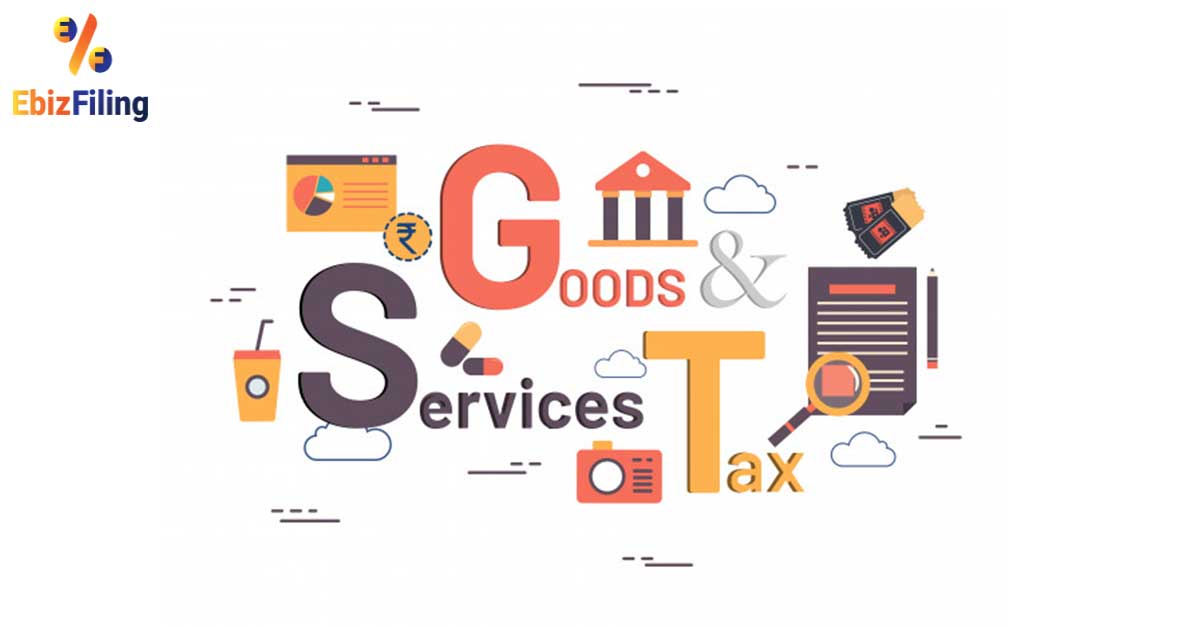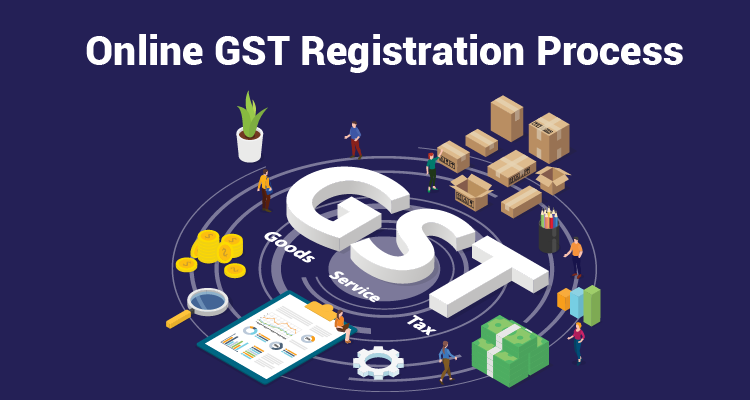Enhance Your GST Registration Experience in Singapore with CFO Account & Services: Here's Why
Enhance Your GST Registration Experience in Singapore with CFO Account & Services: Here's Why
Blog Article
Browsing the Complexities of GST Registration: A Comprehensive Overview for Entrpreneurs
Navigating the complexities of GST registration can be an overwhelming job for numerous entrepreneur, as it includes a myriad of regulations, regulations, and refines that should be followed. With the ever-evolving landscape of tax obligation laws, ensuring conformity and understanding the ins and outs of GST registration is vital for the seamless procedure of any kind of service. From establishing eligibility and gathering the needed paperwork to optimizing operations for maximum performance, this comprehensive guide intends to offer business owners with the expertise and devices needed to browse the complexities of GST registration successfully.
Eligibility for GST Enrollment
Company owner need to fulfill certain requirements to determine their qualification for GST registration. As a whole, businesses with an annual turn over exceeding a certain threshold are required to register for Item and Solutions Tax Obligation (GST) This threshold varies by nation, however it is crucial for business owners to remain notified regarding the particular laws in their jurisdiction. Furthermore, services associated with interstate materials, ecommerce, or the arrangement of particular specified goods and services might additionally be mandated to register for GST, no matter their turn over.
Moreover, services that are signed up under any previous tax routine, such as VAT or service tax obligation, are normally needed to change to GST enrollment. Recognizing these standards is crucial for entrepreneur to guarantee conformity with the regulation and prevent any fines or lawful issues. It is recommended for business owners to speak with tax professionals or lawful experts to analyze their eligibility for GST enrollment accurately. By sticking to the necessary requirements, businesses can efficiently browse the complexities of GST enrollment and run legally within the tax structure.
Records Needed for Registration
To complete the GST enrollment process, companies need to collect and send a thorough collection of documents. The key documents needed for GST registration generally include evidence of company enrollment or unification such as the Certificate of Consolidation, partnership deed, or any other registration certificate.
Moreover, certain records connected to the nature of the organization, such as a list of items or services supplied, HSN codes for products, and cavity codes for solutions, might be needed - Why choose CFO Account & Services for GST registration in Singapore. It is vital for organizations to make certain that all files sent are exact, up-to-date, and in the suggested layout to stay clear of any type of hold-ups or difficulties in the GST registration process
Refine of GST Enrollment
Having set up the requisite documents, businesses continue to launch the GST registration procedure by engaging with the online portal designated for enrollment. This on the internet portal is the Item and Solutions Tax Obligation Network (GSTN) portal, which acts as the key system for all GST-related tasks in India. Upon accessing the site, companies are required to fill in the GST registration kind with accurate information regarding their business activities, turn over, and other relevant info.
When the kind is finished and submitted on the portal, the GSTN confirms the information supplied by the service. Adhering to effective confirmation, a GST registration certification is provided to the organization entity.
It is crucial for services to make certain that the details supplied during the GST enrollment procedure is accurate and approximately day to avoid any prospective concerns or hold-ups in acquiring the GST registration certificate.
Comprehending GST Conformity

Companies need to be familiar with the numerous GST conformity demands based on their turnover, nature of solutions or goods, and the states in which they operate. It is important to remain updated on any changes in GST legislations and policies to avoid any kind of non-compliance issues.
Non-compliance with GST guidelines can result in significant fines, penalties, and also legal consequences. Therefore, services need to spend time and sources in informing themselves and their staff on GST compliance. Looking for specialist assistance from tax obligation advisors or consultants can also assist in navigating the intricacies of GST conformity and ensuring that services run within the legal framework.

Tips for Optimizing Business Procedures
For enhanced effectiveness and performance in company procedures, calculated preparation and streamlined procedures are essential elements. One tip for optimizing service procedures is to utilize innovation properly (Why choose CFO Account & moved here Services for GST registration in Singapore). Applying the ideal software services can automate recurring tasks, boost accuracy, and boost total workflow performance. Furthermore, conducting regular efficiency assessments and gathering feedback from workers can give beneficial understandings for determining traffic jams and areas for improvement.
One more essential element is prioritizing jobs based on their importance and due dates. By developing a clear hierarchy of jobs and setting sensible timelines, businesses can make sure that essential activities are completed promptly. Furthermore, fostering a culture of open communication and cooperation amongst group members can result in enhanced performance and development.

Final Thought
To conclude, browsing the complexities of GST enrollment requires a clear understanding of eligibility requirements, necessary documents, enrollment procedures, and conformity needs. By adhering to these standards and enhancing service procedures, local business owner can ensure smooth procedures and conformity with the GST regulations. It is vital for companies to stay enlightened and updated on GST laws to prevent any type of fines or legal problems.
The vital papers required for GST enrollment normally include proof of company enrollment or unification such as the Certification of Incorporation, partnership act, or any kind of various other registration certification.Having actually constructed the requisite documentation, companies continue to start the GST registration procedure by engaging with the online portal assigned for enrollment. Upon accessing the website, companies are called for to fill out the GST enrollment kind with accurate information concerning their service activities, turnover, and various other pertinent details.
In order to preserve adherence to GST regulations click here for more and stay clear of fines, services must focus on comprehending GST compliance. By adhering to these standards and maximizing business operations, company owners can ensure smooth procedures and compliance with the GST guidelines.
Report this page